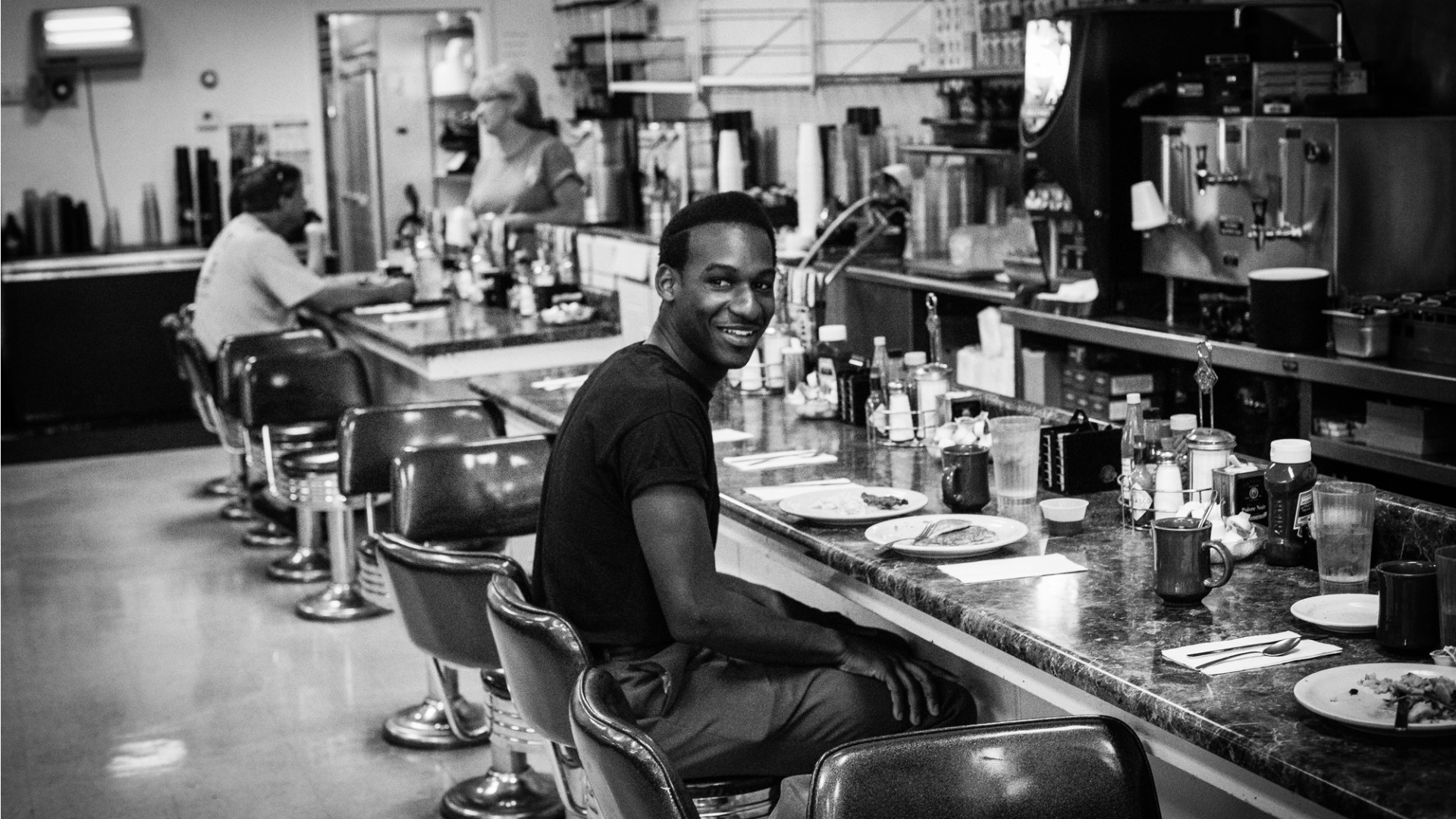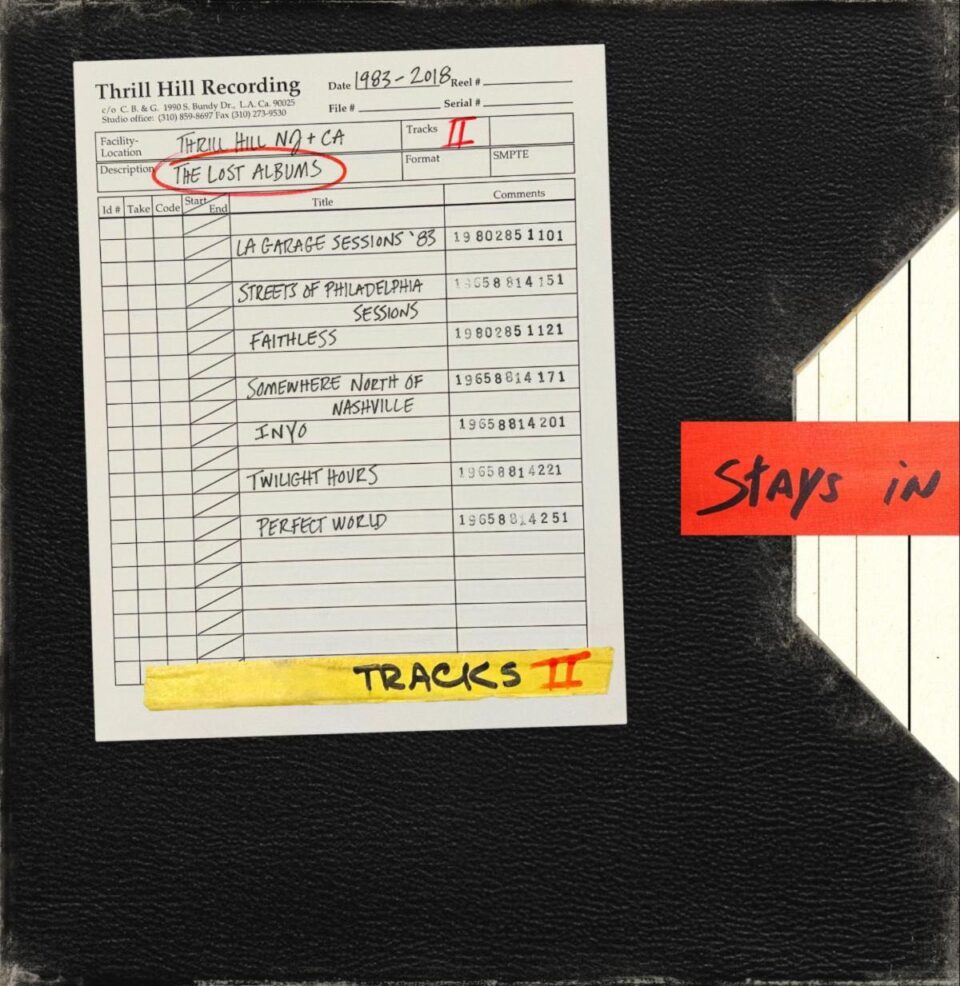BACK STORY: Discovered by Austin Jenkins of White Denim in 2014
FROM: Fort Worth, Texas
YOU MIGHT KNOW HIM FROM: The sound of classic soul revived in his nostalgic hit singles “Coming Home” and “Better Man”
NOW: Releasing his debut album on Columbia Records
Leon Bridges got his break because of a pair of jeans. He was out drinking in his hometown of Fort Worth, Texas, when a stranger approached and said that her boyfriend wore the same high-waisted Wranglers, and that the two should meet. Her boyfriend was Austin Jenkins, a guitarist in the locally based rock outfit called—wait for it—White Denim. Bridges wasn’t familiar with the band, and couldn’t have known that Jenkins and fellow bandmate Josh Block had been sitting on plans to make an old-school soul record for some time. A week later, while watching Bridges play at the Magnolia Motor Lounge, they knew they had found their man.
“He came up to me after the show and was like, ‘Man, we need to do a record,’” Bridges says with a humble Southern drawl. He’s calling from New York, where he’s about to play a second consecutive sold-out show opening for Sharon Van Etten. “Apparently they had been collecting all this old gear. So we got into the studio and the first song we cut was ‘Coming Home.’”
That October, “Coming Home” premiered on the influential Texas-based music blog Gorilla vs. Bear, and three days after the post, the soulful swing ballad had garnered thirteen thousand hits. Fast-forward a couple short months, where, presently, Bridges is prepping the release of his debut record on Columbia, and the SoundCloud stream for “Coming Home” has registered over a million listens.
It would seem that Bridges’s apparently intuitive grasp of ’60s-era soul is the result of a lifelong appreciation, but that’s not the case. As a kid he listened to modern R&B artists like Usher, but only at opportune times: “My mom is really religious and big on gospel music, so in the house that’s all we’d listen to,” explains Bridges. “I’d have to listen to secular R&B while she was at work.”
Perhaps fittingly, it was a song Bridges wrote in tribute to his mother, the serenely melodic doo-wop ballad “Lisa Sawyer,” that would spark his stylistic pivot to soul. He played it for one of his friends, who assumed, incorrectly, that Sam Cooke was a big influence. “I had heard of Sam Cooke, but I had never really gotten into his music,” says Bridges. After witnessing Bridges’s natural talent, the friend took the role of musical mentor and introduced him to the heavy hitters of the genre.
Since his arrival last fall, the Sam Cooke comparisons haven’t stopped, and it’s easy to see and hear why. From his throwback, high-waisted style to his effortless, honey-smooth voice, it’s hard to not think of Leon Bridges as a sort of musical messianic second coming. When asked how he reacts to being heralded by the press as Cooke reincarnate, Bridges says, “It’s definitely flattering, but I could never hold a candle to him. I’m just trying to do my own thing. I’m not much of a shouty singer. I just do what I can do.” FL










